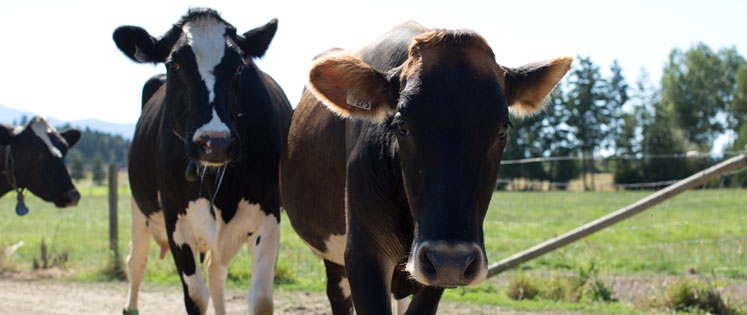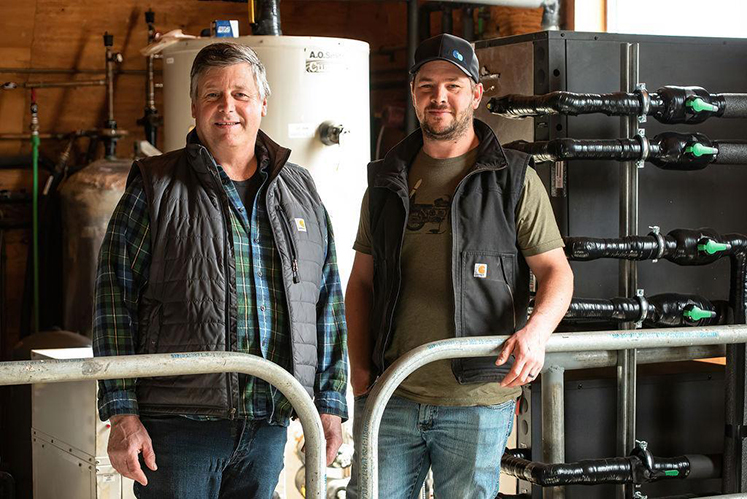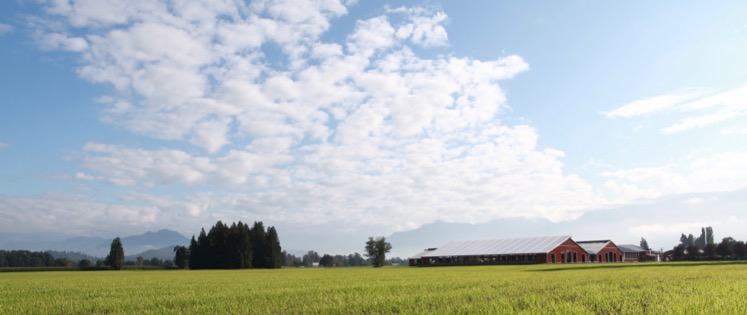How do you ensure that there are no harmful bacteria in milk? Are there additives and preservatives?
By law, all fluid milk sold in Canada must be pasteurized. This is necessary to kill any harmful bacteria that may find their way into milk. Pasteurization also destroys spoilage organisms, which ensures a longer shelf life for the milk. Milk is natural i.e. nothing is added except vitamins A and D, which is also required by law. The sugar in milk is naturally occurring.
How fresh is the milk in the grocery store?
Milk is packaged quickly—usually within 24 hours of arriving at the dairy plant. Milk is held at 4°C during transport and on display in the store to ensure safety and quality. Dairy products are code dated to ensure they are purchased at their highest quality.
What about hormones, antibiotics and the safety of milk?
Dairy cows in Canada can not be given bovine growth hormone (rbST). Health Canada decided against licensing the hormone in January 1999 over concerns of its impact on cow welfare. Cows, like humans, do require antibiotics from time to time to treat infections. The milk from a cow treated with antibiotics is discarded. All milk undergoes rigorous testing procedures before it is even accepted for processing. Samples are collected on the farm and at the processing plant to ensure milk is safe.
What kinds of milk quality checks are done on BC dairy farms?
Every farm is inspected and certified before it can produce milk. The farms must meet the provincial standards for quality milk production and clean premises. Everywhere the cows go must be kept clean and well maintained. All milking equipment is cleaned and sanitized daily. Farms are then inspected regularly to ensure the quality standards are maintained. Cows are monitored regularly to ensure good health. As soon as the milk leaves the cow it is cooled and kept cool at all times. Before milk can be picked up, it must be inspected and graded by a licensed bulk milk tank grader. It is the grader?s responsibility to ensure the milk is cold (below 4°C), smells fresh and looks clean.



